|
Old Barn The old barn in the lumberyard seemed a place of mystery inviting yet forbidden a place for wild games of tag Entering through a driveway with no gate eyes scanning for police then through an unlocked door in the side of the great old russet barn (Who leaves things unlocked these days?) We mounted rafters: hearty hickory and chestnut beams some as wide as our waists deep brown and cracked with age yet solid and without rot Musty sweet smell of aged wood and sawdust calming and idyllic our living in the moment, though one day came no more For youthful games gave way—stout beams, wine-colored as dusk falls. Some time after I had written this poem, upon rereading it, it reminded me of Robert Frost--perhaps for his nostalgic (perhaps "bittersweet" would be better) reminiscences of youth. I must have been around fourteen at the time, 1970-71. I recall this scene so clearly, the sweet, vaguely mustly wood scent of the hefty hundred-year-old chestnut beams. I and three of my mates snuck into the lumber yard through an unlocked gate one summer evening and ran wild in the rafters of the century-old barn. It's a pleasant memory, one I enjoy revisiting from time to time. The barn must have had historical importance, because some years ago when the lumber yard was closed and replaced by commercial development, the barn was taken apart and reassembled in a nearby park, where it stands today.
https://www.howardgiskin.com/
0 Comments
Morningside Drive
There are recollections remote of elemental familiarity, so this slow walk past where I lived Some fifty years ago. I know the woods yet know them not, memory buried in trees on recessed paths—I must Have passed this way with Mother and Father, facades scarcely changed as if time were nothing; snippets of Consciousness flowing their separate course, husband, wife, marriage, work, joy, sorrow, these in their raft of life I in mine—the walk winds—canopy of green in summer, a strange familiarity for my return to this place I scarcely remember, yet know in deeper ways of body sense. I, now twenty years older than Father was then, the city cascades like a waterfall—gift of this place, memory, and time. www.howardgiskin.com/ In 2012 I visited West 122nd Street near Columbia University, where my father did his doctorate, and where I lived with my family from 1962 to 1964. Our apartment was a stone's throw from Grant's Tomb and Morningside Park. The above poem (from my collection Murmurings FriesenPress 2017) is a memory of those years long ago. The photo is of my wife Vicki in front of Grant's Tomb. My father had an interesting story about this monument I'll briefly relate here. He once told me the tomb had fallen into disrepair, until a graduate student in history at Columbia publicised its sorry state, prompting the city to clean and restore it. For some reason I recall this story, of the many memories I have of my father, who passed away in 2015. Sadly, the building where I and my family lived was no more, having been replaced by a twelve-story characterless (but probably more comfortable) residence hall for university faculty and students. The way of the world, alas.... Wouldn't you know it. I think we saw this sign at a gas station somewhere in Vermont. It's good to know, though, that air, at times at least, is still free. This put me in mind of "Free Dirt" signs I recall seeing in Mississippi on my way to New Orleans. I suppose if air and dirt are free, there's still hope.
We found these Russian musicians near the entrance to the Rijksmuseum, playing classical music. They were really good, so we bought their CD. Notice the young woman playing the Mother of All Balalaikas. Pretty impressive. I couldn't help wondering what their story was. Why had they left their homeland? Whenever I'm tempted to think of people from a country in a political or stereotypical way, I'm often reminded that people are not their country, are not defined by it. This was one of those times.
Here's a classic view of an Amsterdam canal. Of course there's the bicycles, which are everywhere. A tip: don't walk on the bike paths (We made the mistake of doing this near our hotel in the leafy suburb of Amstelveen). We learned quickly though, after getting yelled at, and nearly run over, by several Dutch cyclists. Not long ago the Dutch decided there were too many tourists in Amsterdam, so started to discourage the hordes. Be careful what you wish for comes to mind. I wonder if they'll have to start courting visitors, now that Covid-19 has pretty much shut down tourism.
Don’t you know the poems of Han-shan?
They’re better for you than scripture-reading. Cut them out and paste them on a screen, Then you can gaze at them from time to time. Men who see the Master Of Cold Mountain, say he’s mad. A nothing face, Body clothed in rags. Who dare say what he says? When he speaks we can’t understand. Just one word to you who pass – Take the trail to Cold Mountain! For some reason this creation reminds me of the amorphous, hard to pin down nature of emotions, and how we try to place names upon things which cannot be named, if we're honest with ourselves.
What looks like chance or chaos oftentimes hides hidden patterns. This reminds me of nested patterns within patterns, perhaps to infinity.
Vicki and I spent Christmas 2006 in Baden, Austria, a half hour tram ride from Vienna. This was one of the few chances I've had to use the very (very!) limited German I know, really just some basic phrases. After arriving in Vienna in early evening, I managed to tell someone "Wir gehen nach Baden," and somehow got directions to the tram to our hotel. The ride was pleasant, and as it turned out the tram line ended in Baden. To our amusement, the tram line ended unceremoniously at a bush in front of an Italian restaurant.... Well, I guess you had to be there....
For some reason this beautiful water bird parked itself by a building on our way to the light rail stop near our hotel. On at least four occasions, at different times of the day, we came upon it standing as if waiting for someone or something. Perhaps it saw its reflection in the plate glass window. We'll never know, I suppose. Still, it was a wonderful and unexpected find.
This photo embodies one of the joys of travel, the unexpected meeting which leaves one with a wonderful memory. We met this mother and little girl in the train station at Kaifeng, an ancient city in central Henan Province. Such encounters cut through any presupposition or prejudices one might have, to reveal the beauty and simple joy humans are capable of, at least for a few moments. Both mother and child's reaction to Vicki and me seemed then, and still seems now, so genuine and in the moment, that it has stayed with me since we took this photo in 2008.
Armenian churches such as the one this column is found survived Mongol raids in the thirteenth century. Our guide, at one of these places, pointed to a hill high above us and said, "There, 800 years ago, a Mongol soldier on a horse, could be seen". Some of these churches were abandoned and fell into ruins centuries ago, others are still used. The floors of these churches are covered with worn stone panels where people, in many cases, whose names and identities will never be known, were buried. Yet the haunting beauty of such places cannot be denied, despite signs of decay brought on by the relentless cycle of harsh Armenian winter, spring rains, and scorching summer heat. Oftentimes, such places bring on a bittersweet melancholy, as the passage of time seems most palpable, our lives short and fragile in the light of ages come and gone.
Attribute all to the gods.
They pick a man up, Stretched on the black loam, And set him on his two feet, Firm, and then again Shake solid men until They fall backward... Wild of mind. -Archilochus, 7th Century B.C., Translated by Guy Davenport This is me, poring over a map. Just outside our window is the spire of Cologne cathedral. I suspect I'm charting the course to Lake Como, Italy, as that's where we headed next.
This is one of many photos my wife and I took when we were teaching at Suzhou University, PRC, in 2007/08. I like the coloring of this photo, with its muted winter tones, grays, various shades of white, with just a few blotches of color on the left from the man in the red vest, to the purple and yellow blotches, people riding by on bicycles (this is hard to see unless you enlarge the view). There’s also the red back of a vehicle visible through the square columns of the pavilion on the left side of the image. Everyone knows the phrase “A picture is worth a thousand words,” yet one might rephrase this as “A picture calls to mind a thousand memories,” since simply looking at this photo for a few moments causes me a flood of recollection. Yet still, the image stands on its own, as it evokes a scene of winter calm, timeless when one contemplates the fact that this canal may be more than one thousand years old, and small boats have been plying it for centuries. As I look at this picture I am overtaken by a sense of nostalgia for days of old, before electricity, cell phones, television, even radio, when this small waterway was plied by men and women hawking their wares, calling out in a language moderns would not understand, traders from afar too, dark-bearded Persians, Central Asians from Samarkand and Tashkent.
|
AuthorHoward Giskin is the author of Follow us on Facebook:
Archives
May 2020
Categories
All
|
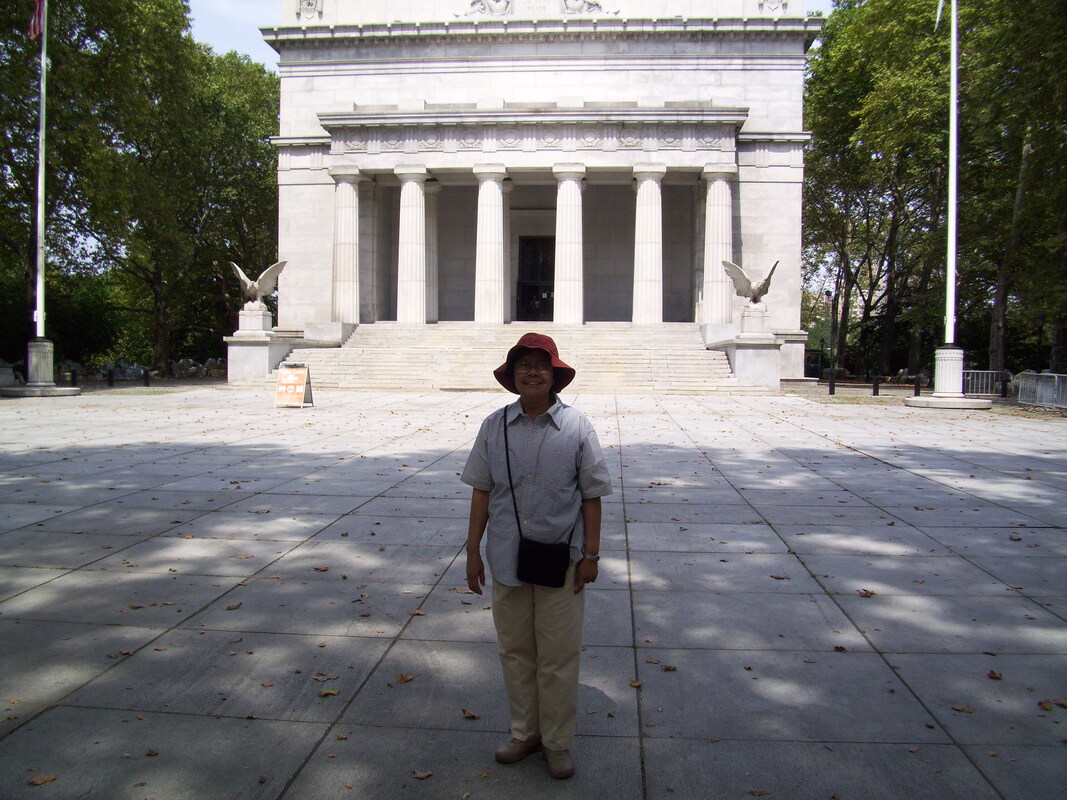

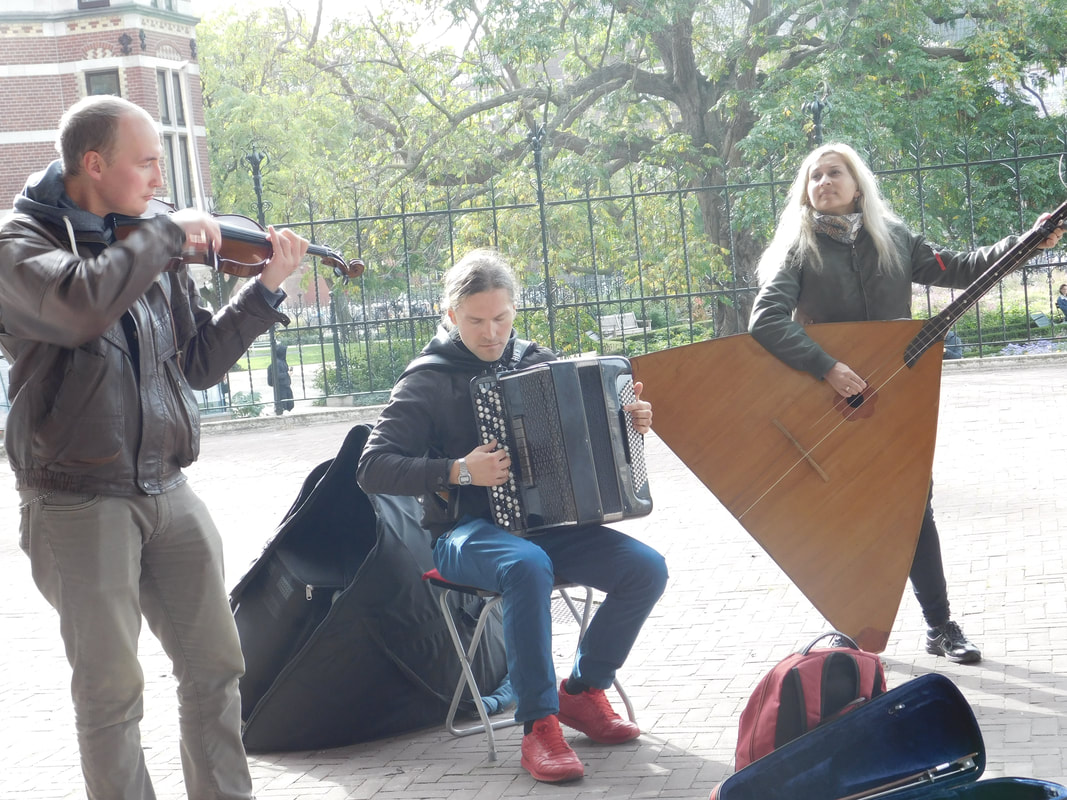
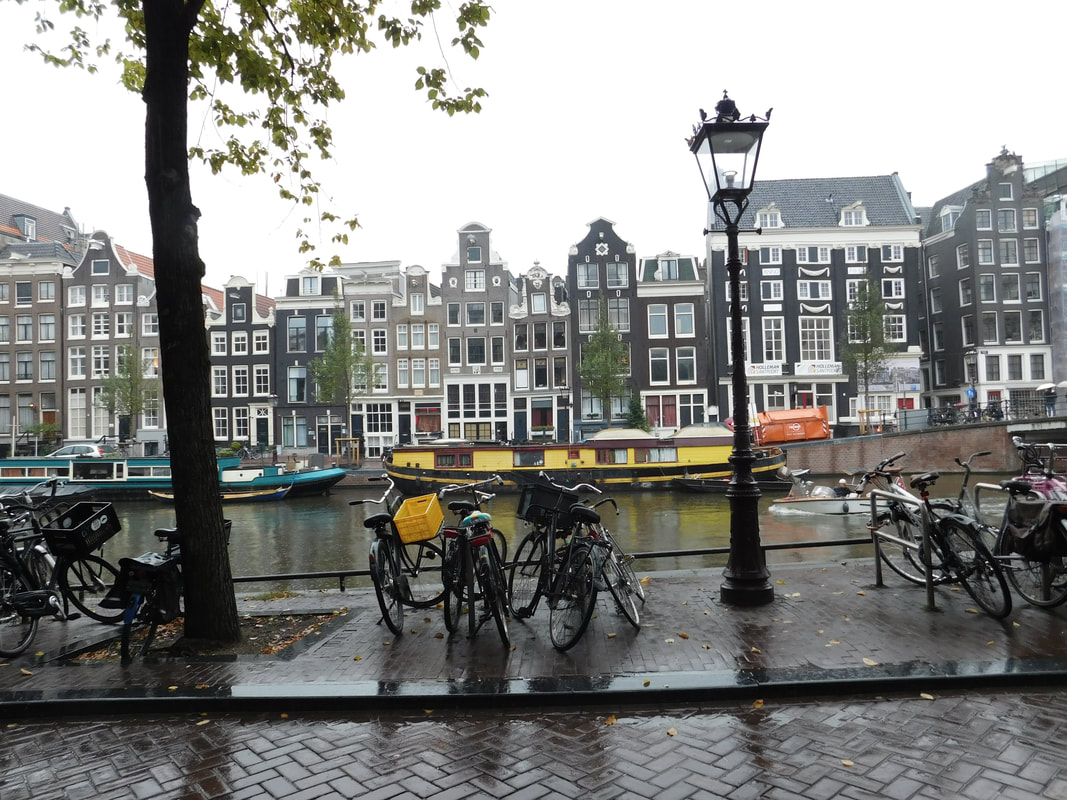
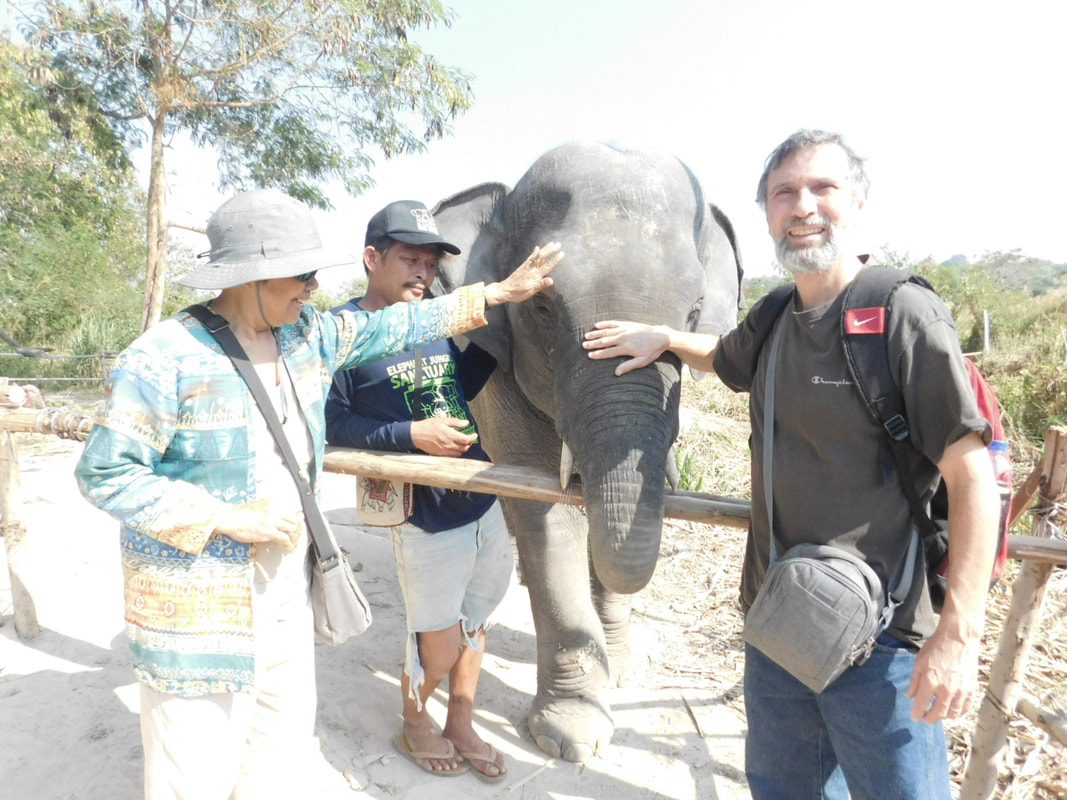
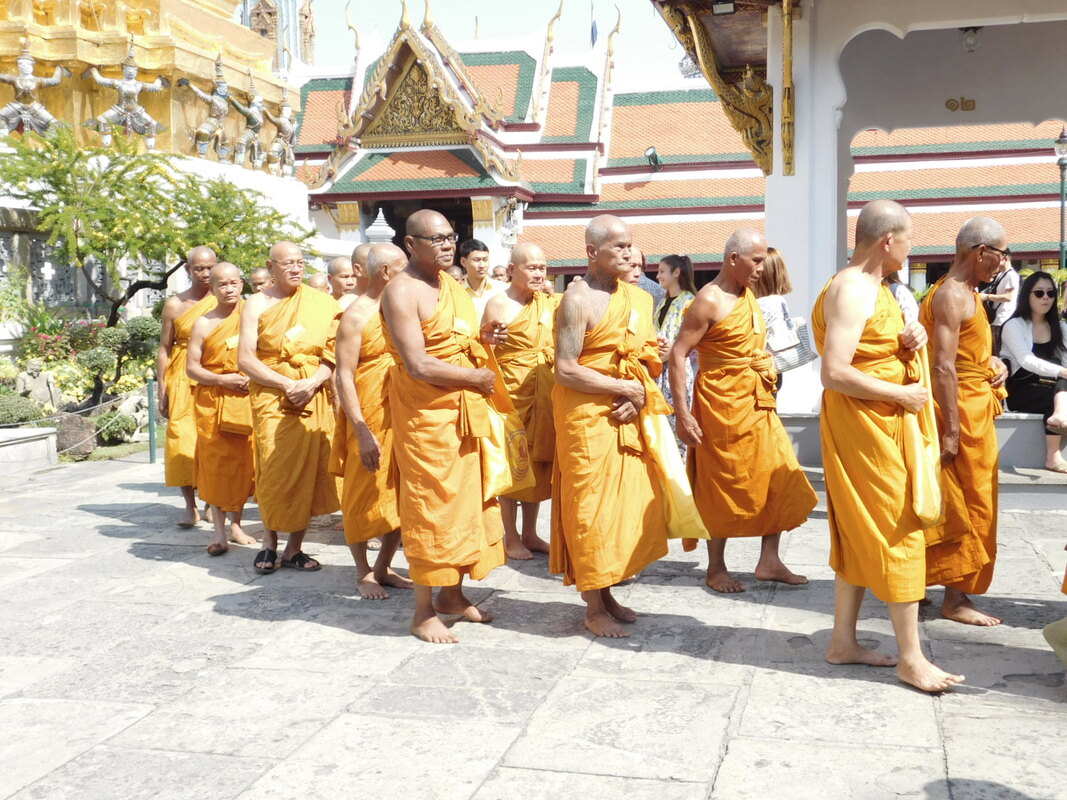
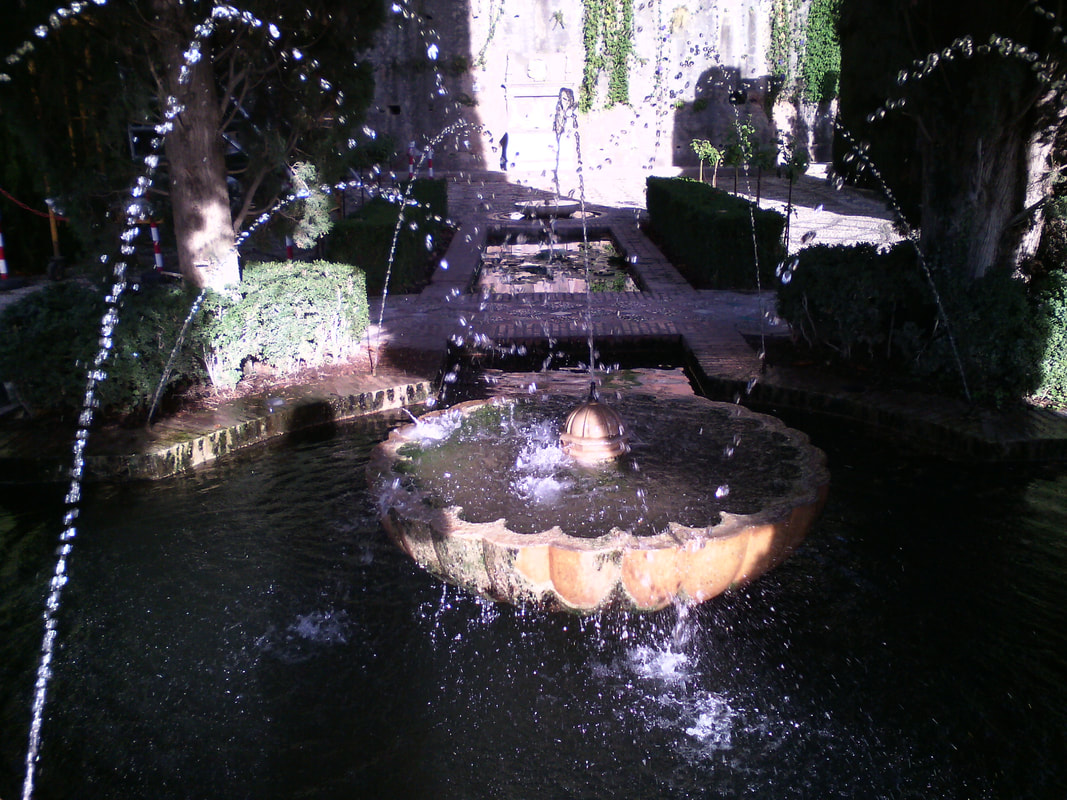
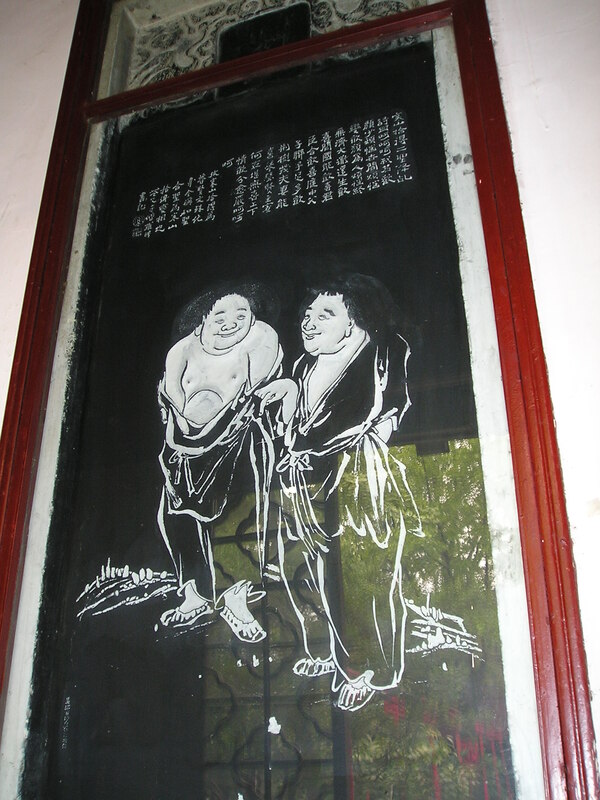
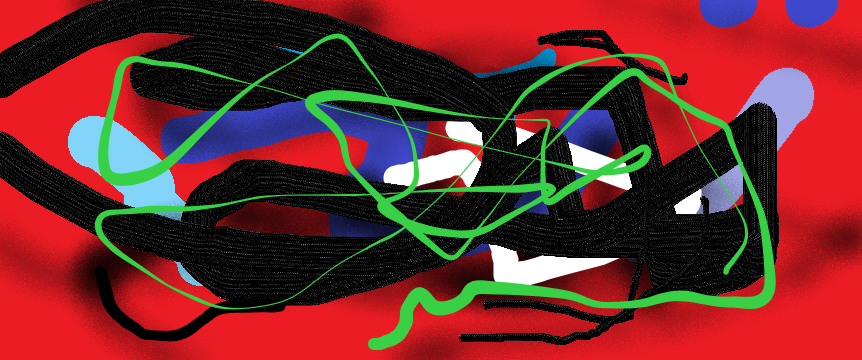
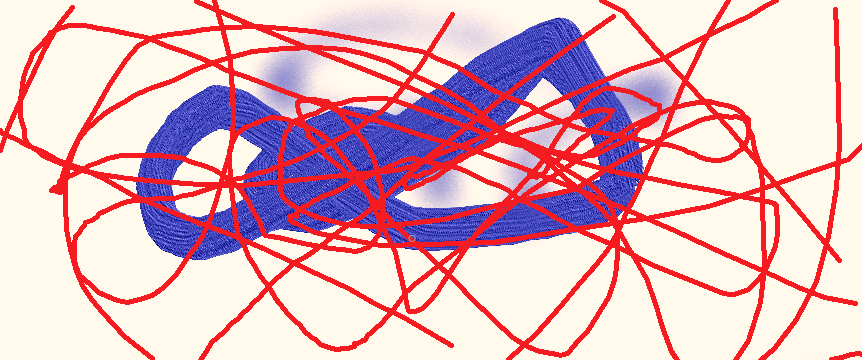
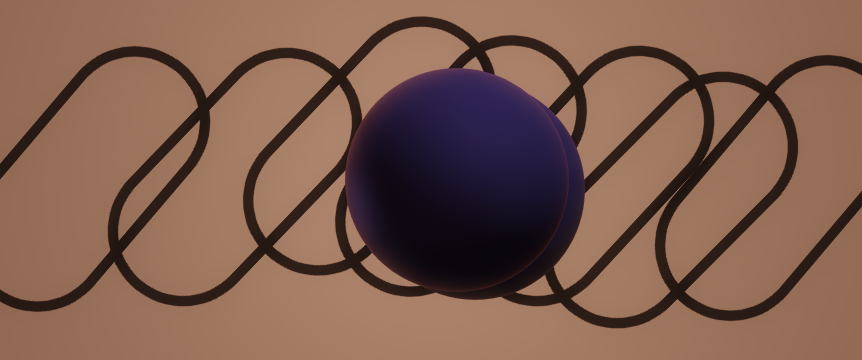
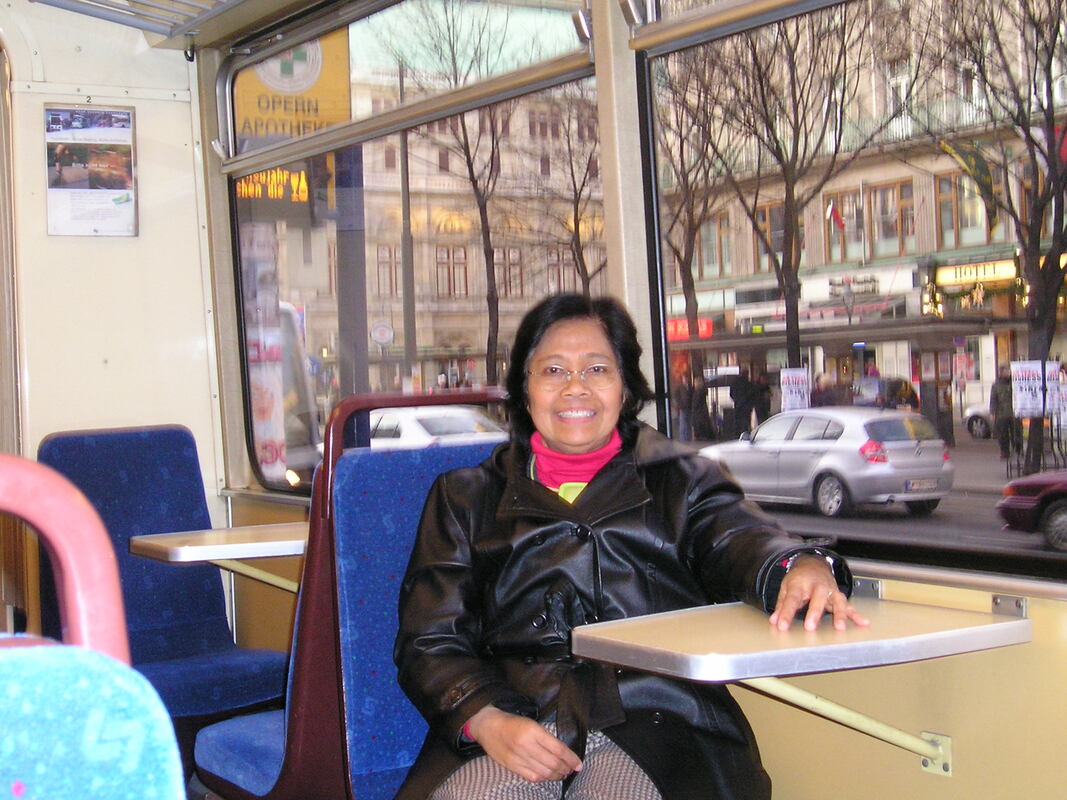
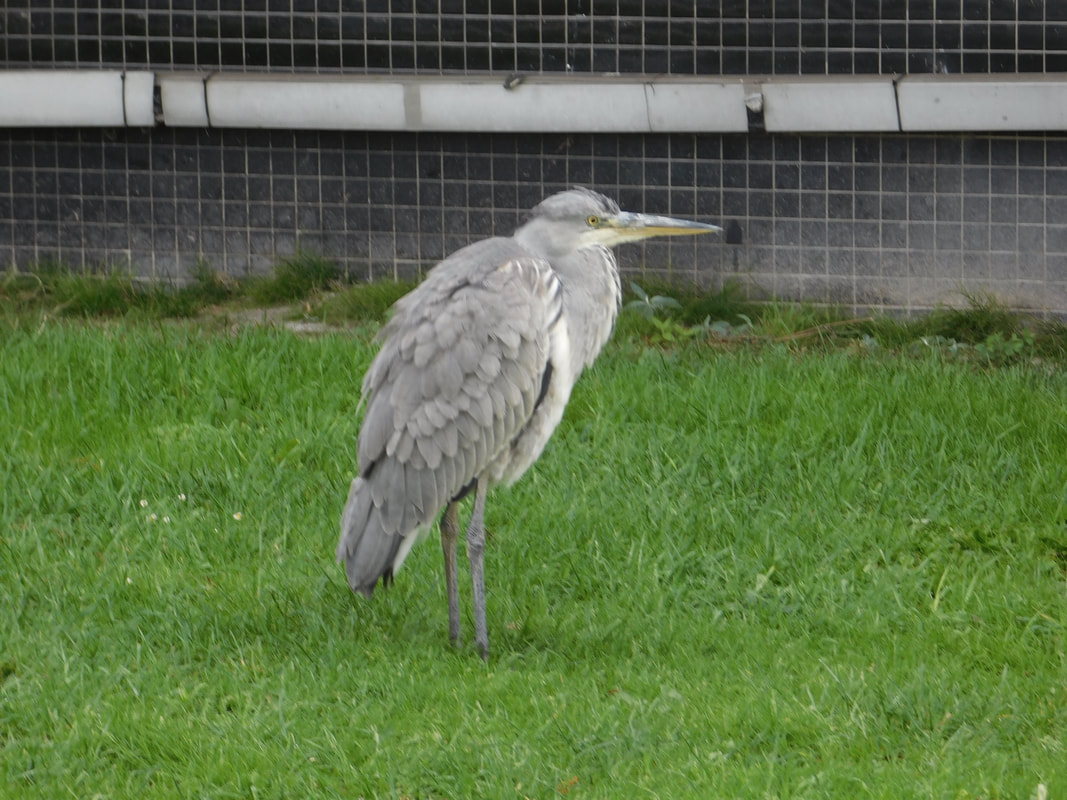
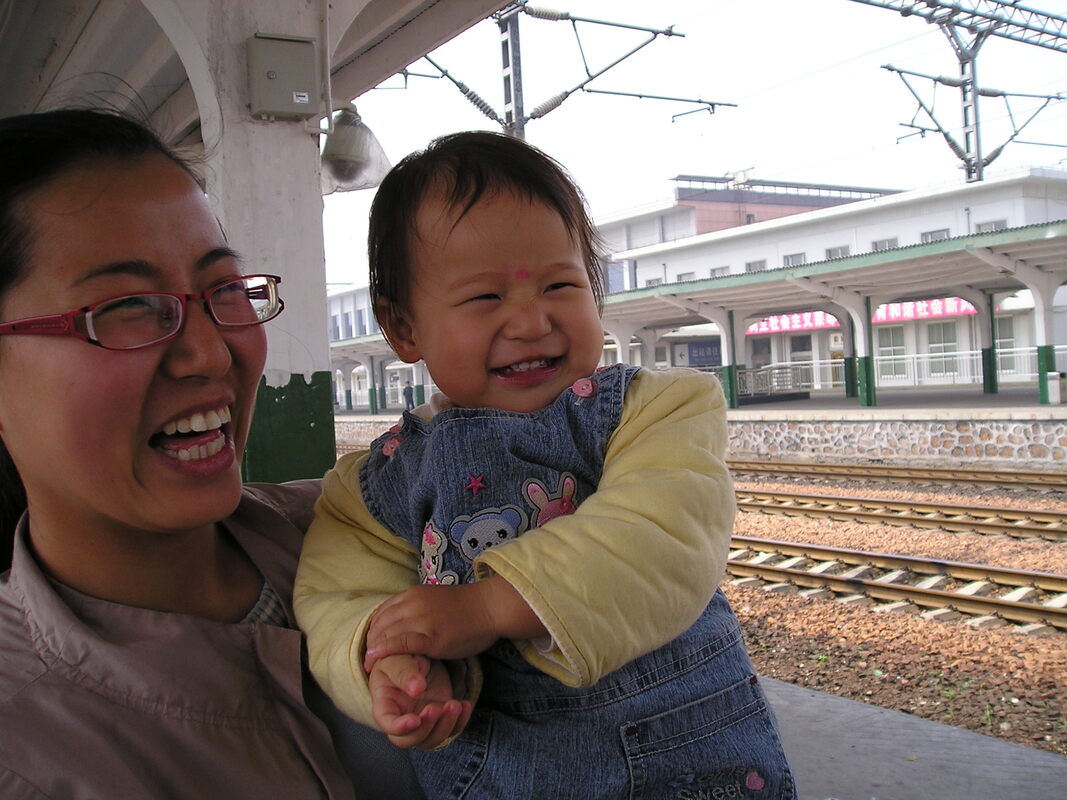
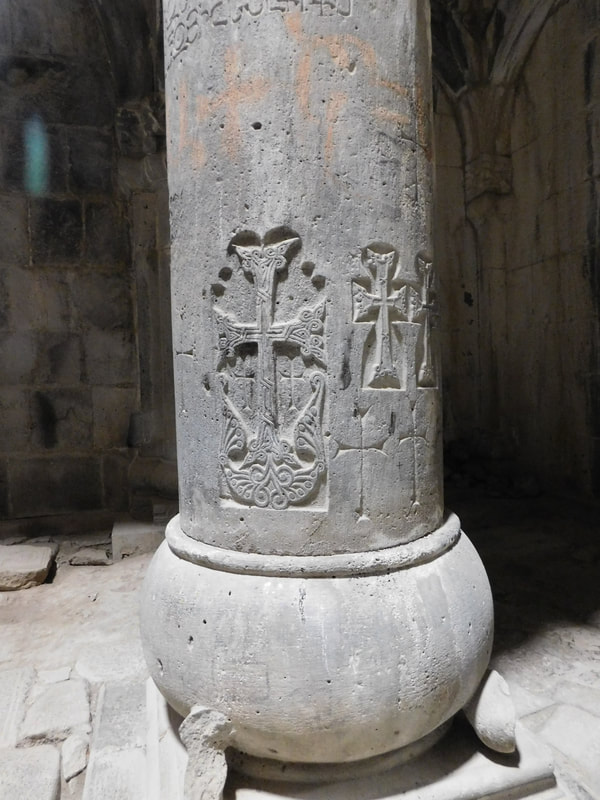
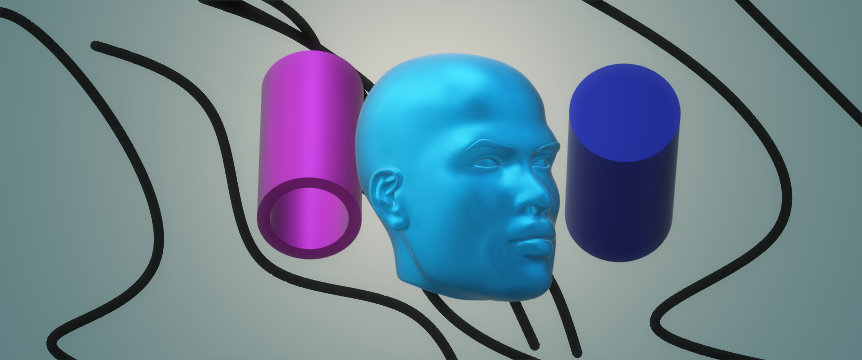

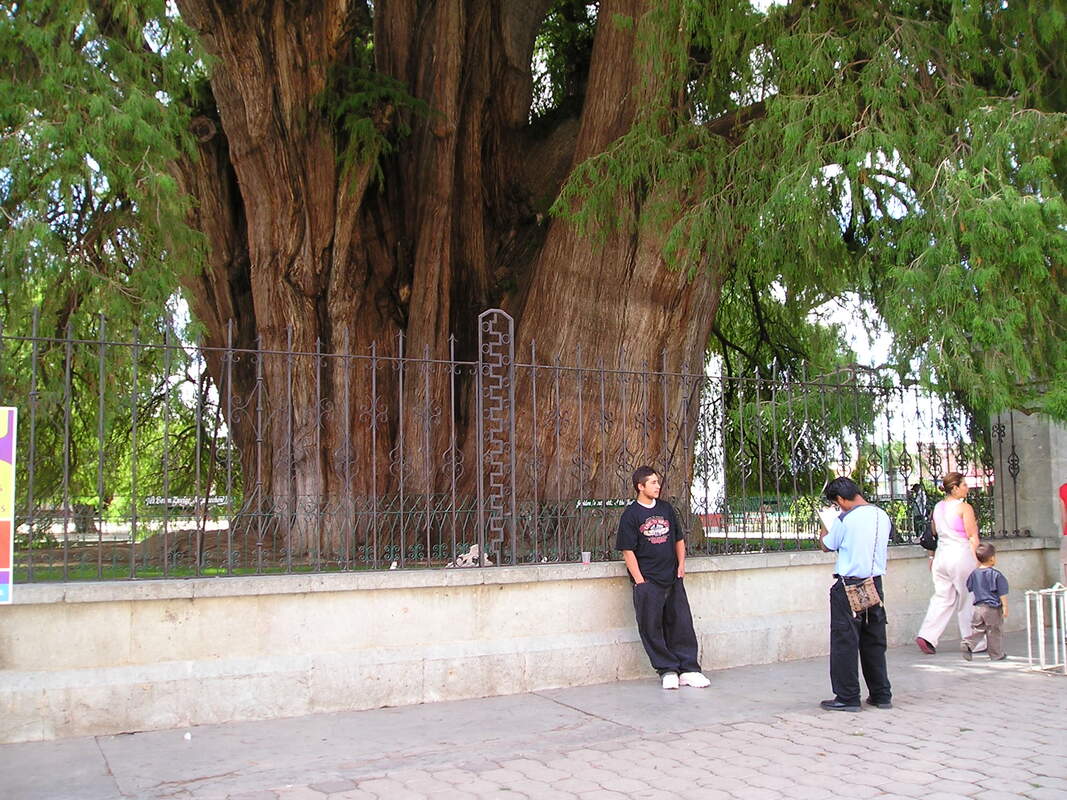
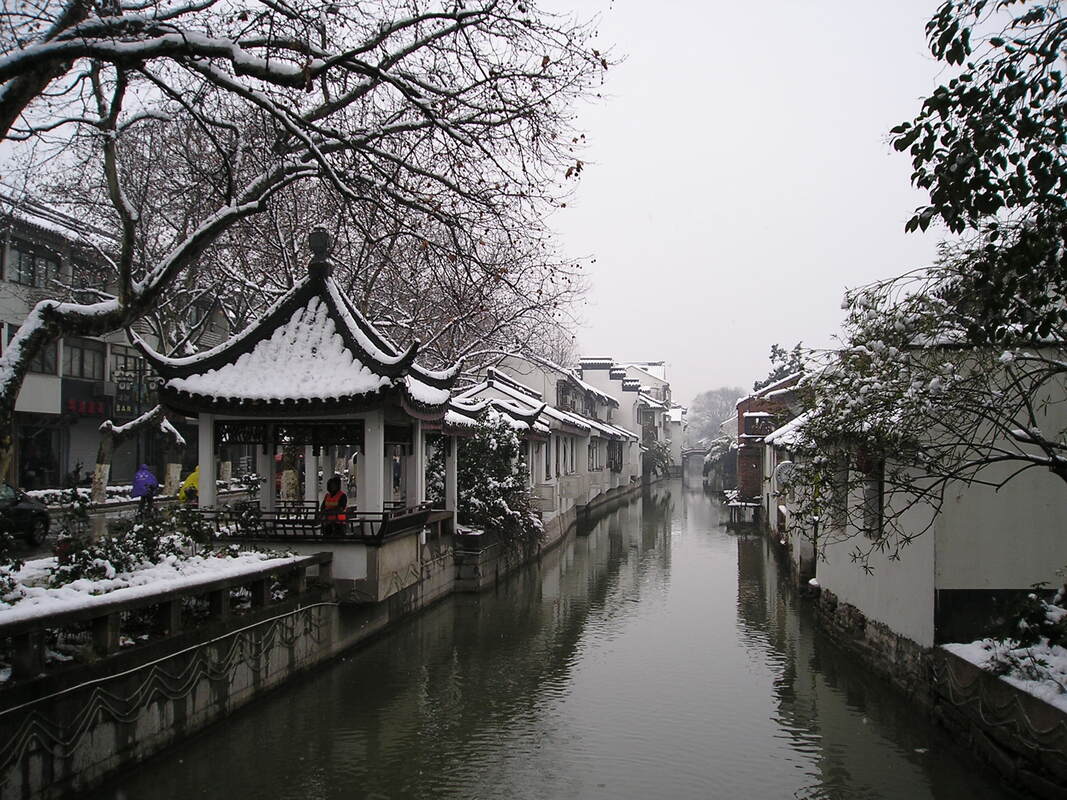
 RSS Feed
RSS Feed
